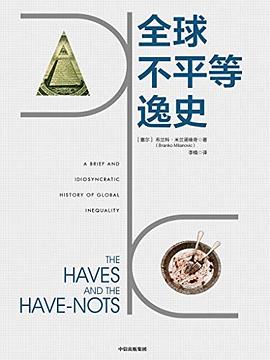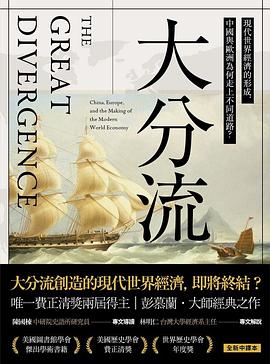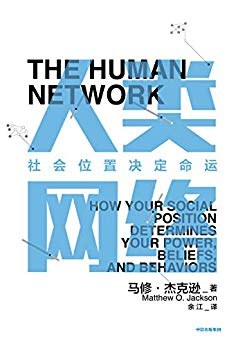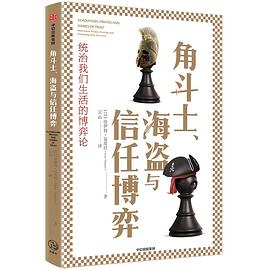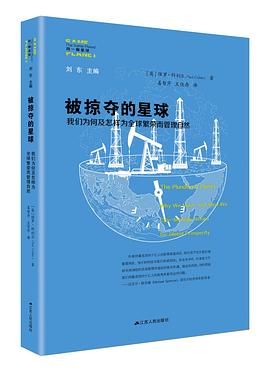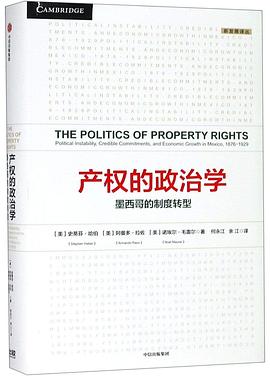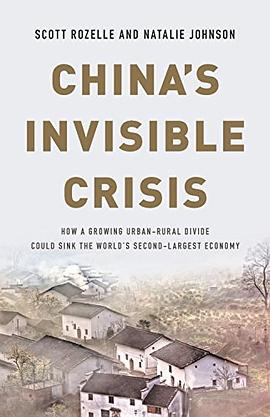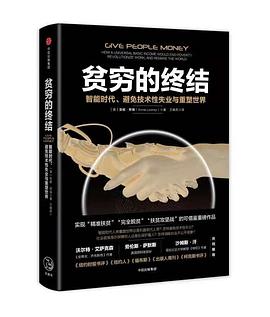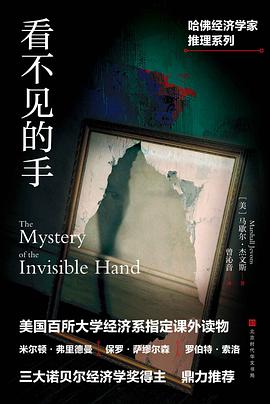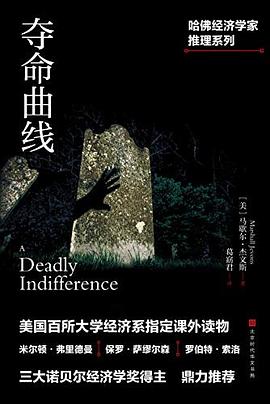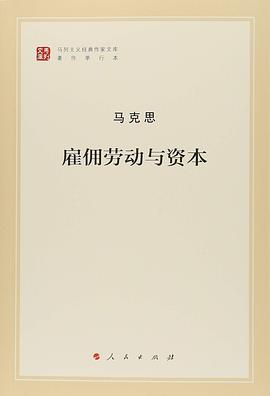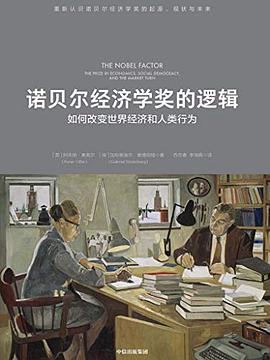

具體描述
Liberty is hardly the "natural" order of things. In most places and at most times, the strong have dominated the weak and human freedom has been quashed by force or by customs and norms. Either states have been too weak to protect individuals from these threats or states have been too strong for people to protect themselves from despotism. Liberty emerges only when a delicate and precarious balance is struck between state and society.
There is a happy Western myth that political liberty is a durable construct, a steady state, arrived at by a process of "enlightenment." This static view is a fantasy, the authors argue; rather, the space to attain and maintain liberty stays open only via a fundamental and incessant struggle between state and society. The power of state institutions and the elites that control them has never gone uncontested in a free society. In fact, the capacity to contest them is the definition of liberty. State institutions have to evolve continuously as the nature of conflicts and needs of the society change, and thus society's ability to keep state and rulers accountable must intensify in tandem with the capabilities of the state. This struggle between state and society becomes self-reinforcing, inducing both to develop a richer array of capacities just to keep moving forward along the corridor. Yet this struggle also underscores the fragile nature of liberty. It is built on a delicate balance between state and society, between economic, political and social elites and citizens, between institutions and norms. One side of the balance gets too strong, and as it has often happened in history, liberty begins to wane. Liberty depends on the vigilant mobilization of society. But it also needs state institutions to continuously reinvent themselves in order to meet new economic and social challenges that can easily close the space liberty needs to survive.
Today we are in the midst of a time of wrenching destabilization. We need liberty more than ever, and yet the corridor to liberty is getting narrower and more treacherous. The danger on the horizon is not "just" the loss of our political freedom, however grim that is in itself; it is also to the prosperity and safety that critically depend on liberty. The opposite of the corridor of liberty is the road to ruin.
用戶評價
##感覺論據有些單薄,比較先入為主。
評分##對某朝分析可謂一針見血 就是整本書太冗長瞭
評分##感覺論據有些單薄,比較先入為主。
評分##沒有中譯,藉標
評分##毛咕嚕和羅賓遜新書,書肯定是好書,觀點不新,但講述的方式很有趣。因為某些你懂的原因,這本書估計很難引進過來????
評分##毛咕嚕和羅賓遜新書,書肯定是好書,觀點不新,但講述的方式很有趣。因為某些你懂的原因,這本書估計很難引進過來????
評分##該書的有兩點令人受益,一個是其分析問題的框架,第二個是對多個曆史時期世界各個不同地方的國傢社會的介紹。該書的結論在我看來還是自相矛盾,這也是價值觀不同所無法調和分歧。
評分書評貌似發不齣來 https://www.weibo.com/ttarticle/p/show?id=2309404469961107046415#_0
評分##fine theory but bad impressionalistic empirics 關於中國的innovation, social credit system, ... 都先帶結論 簡單粗暴 其他章節的empirics估計也是同樣的找寫手或者RA填充的 令人失望
相關圖書
本站所有內容均為互聯網搜尋引擎提供的公開搜索信息,本站不存儲任何數據與內容,任何內容與數據均與本站無關,如有需要請聯繫相關搜索引擎包括但不限於百度,google,bing,sogou 等
© 2025 windowsfront.com All Rights Reserved. 靜流書站 版權所有

